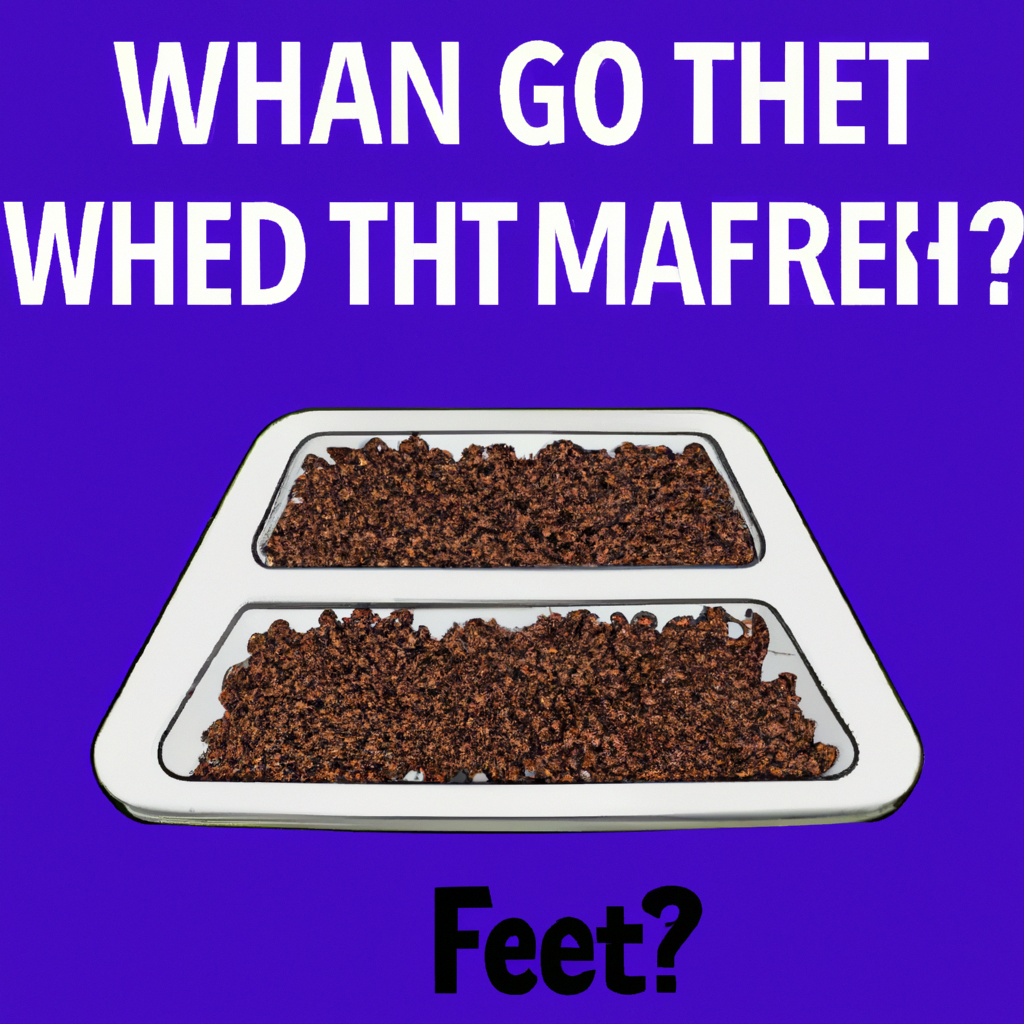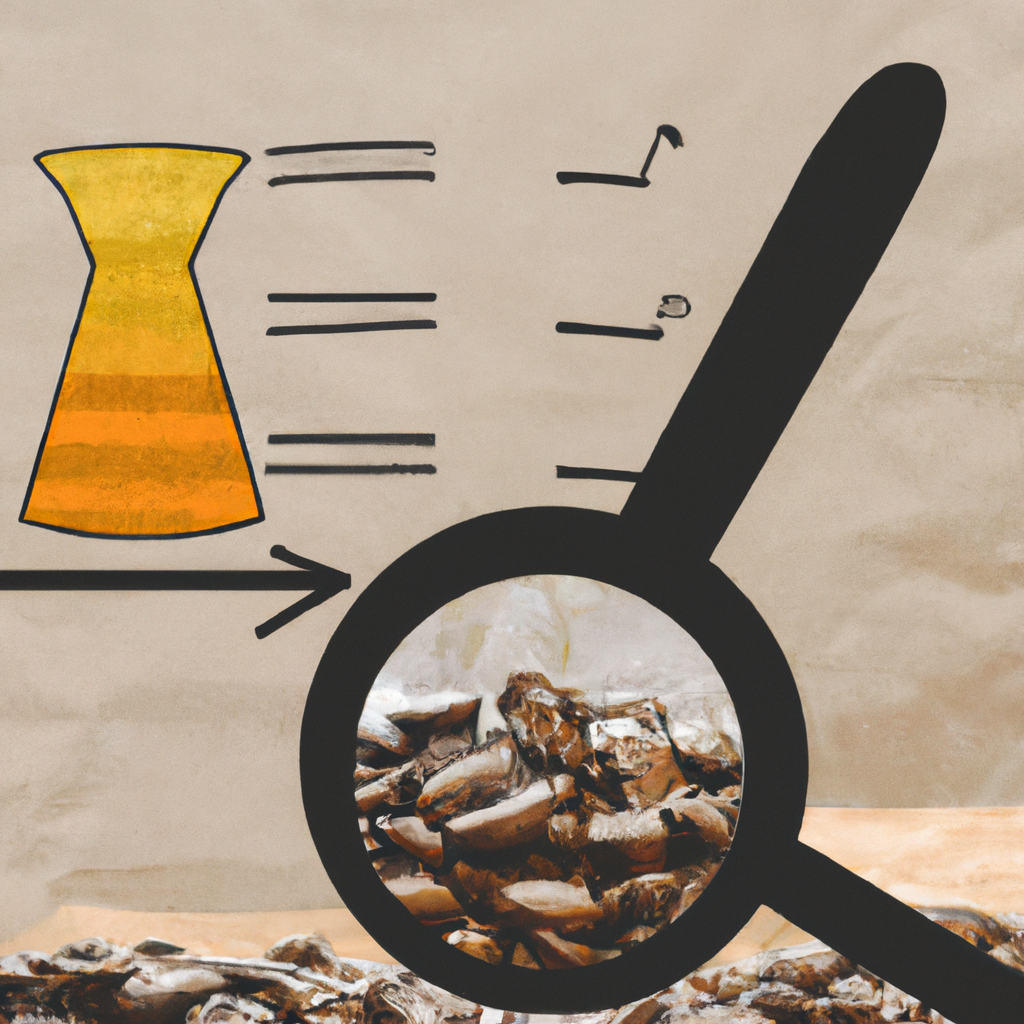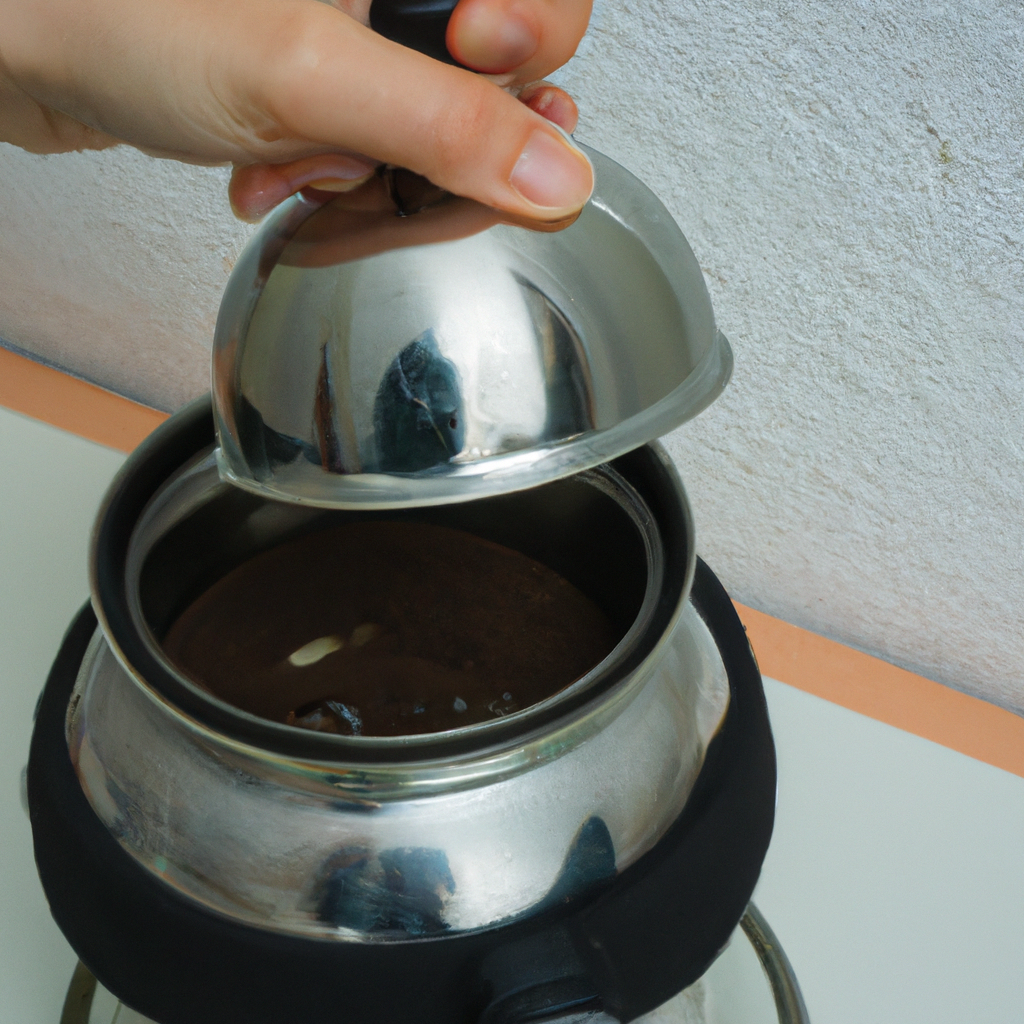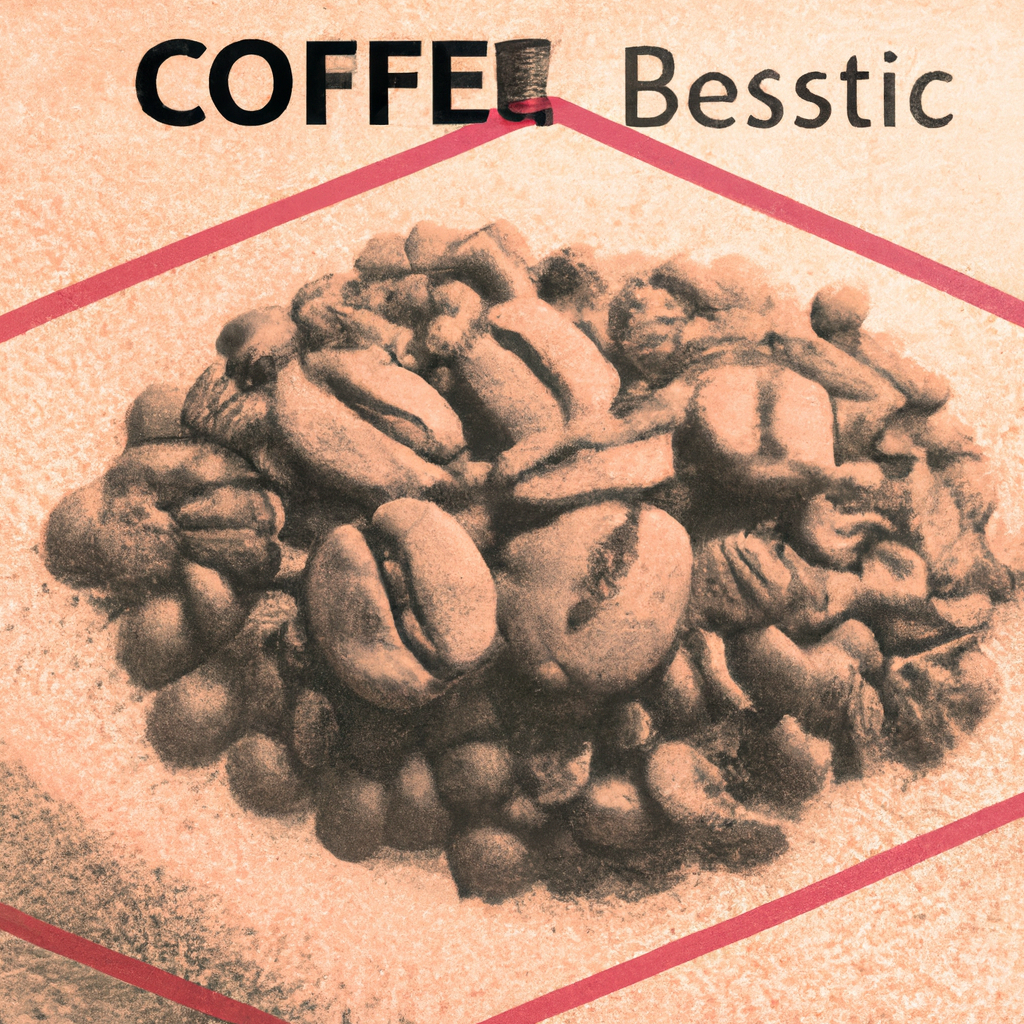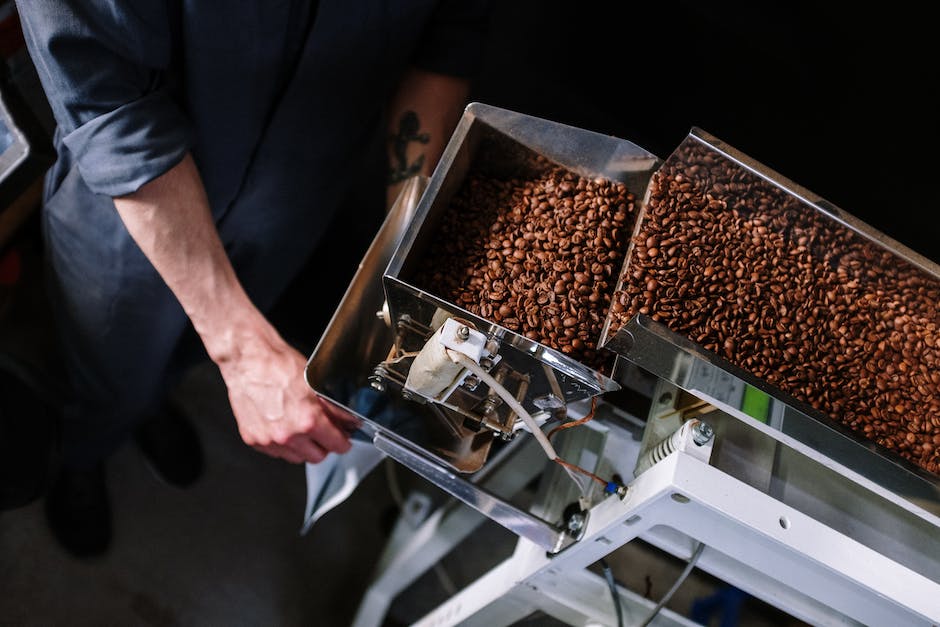-
Table of Contents
Introduction
Eating coffee beans and drinking coffee are two different ways of consuming caffeine. While both methods provide a boost of energy, there are some differences in the effects and potential risks. In this article, we will explore whether eating coffee beans is the same as drinking coffee.
Benefits and Risks of Eating Coffee Beans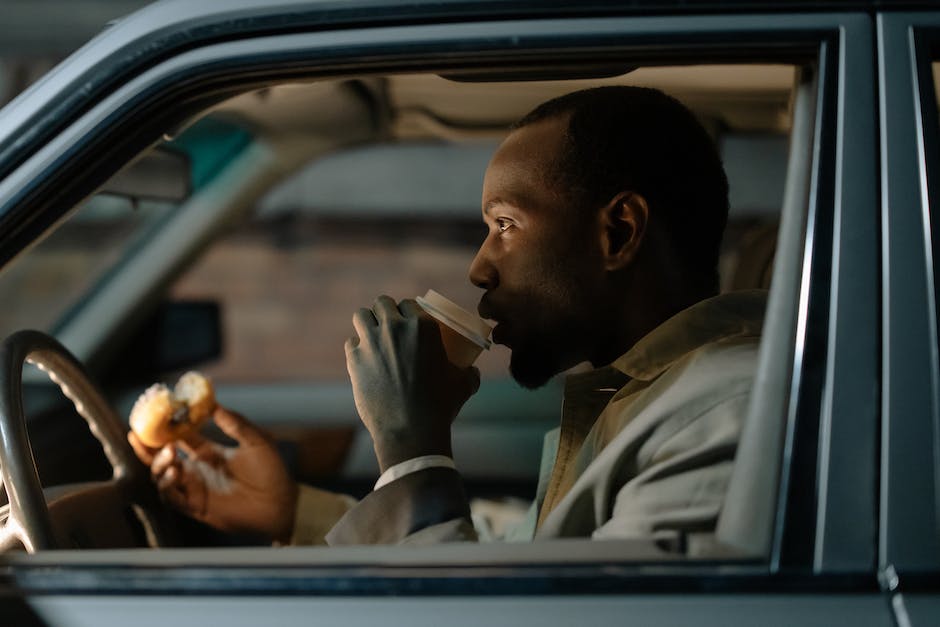
Coffee is one of the most popular beverages in the world, with millions of people consuming it every day. While most people drink coffee, some prefer to eat coffee beans instead. But is eating coffee beans the same as drinking coffee? In this article, we will explore the benefits and risks of eating coffee beans.
Benefits of Eating Coffee Beans
Coffee beans are packed with antioxidants, which can help protect your body from damage caused by free radicals. Free radicals are unstable molecules that can damage cells and contribute to aging and diseases such as cancer. Antioxidants help neutralize these free radicals, reducing the risk of damage to your body.
Eating coffee beans can also provide a quick energy boost. Coffee beans contain caffeine, a stimulant that can help improve mental alertness and physical performance. Caffeine works by blocking the action of adenosine, a neurotransmitter that makes you feel tired. By blocking adenosine, caffeine can help you feel more awake and alert.
In addition to caffeine, coffee beans also contain other compounds that can have health benefits. For example, chlorogenic acid, a compound found in coffee beans, has been shown to help lower blood sugar levels and reduce inflammation in the body.
Risks of Eating Coffee Beans
While eating coffee beans can have some health benefits, it can also have some risks. One of the main risks of eating coffee beans is the risk of caffeine overdose. Eating too many coffee beans can lead to symptoms such as restlessness, anxiety, and insomnia. In severe cases, caffeine overdose can lead to seizures and even death.
Another risk of eating coffee beans is the risk of dental damage. Coffee beans are hard and can be difficult to chew, which can lead to tooth damage. Additionally, the acidity of coffee can erode tooth enamel, leading to tooth decay and sensitivity.
Finally, eating coffee beans can also lead to digestive issues. Coffee beans are high in fiber, which can be difficult for some people to digest. Eating too many coffee beans can lead to bloating, gas, and diarrhea.
Conclusion
In conclusion, eating coffee beans can have some health benefits, such as providing antioxidants and a quick energy boost. However, it can also have some risks, such as the risk of caffeine overdose, dental damage, and digestive issues. If you choose to eat coffee beans, it is important to do so in moderation and be aware of the potential risks. If you have any concerns about eating coffee beans, it is best to speak with your healthcare provider.
The Science Behind Coffee Bean Consumption
Coffee is one of the most popular beverages in the world, with millions of people consuming it every day. It is a rich source of caffeine, which is known to provide a boost of energy and improve mental alertness. While most people consume coffee in the form of a brewed beverage, some prefer to eat coffee beans instead. But is eating coffee beans the same as drinking coffee? Let’s explore the science behind coffee bean consumption.
Firstly, it’s important to understand that coffee beans are not meant to be eaten raw. They are roasted to bring out their flavor and aroma, and to make them easier to grind and brew. Roasting also changes the chemical composition of the beans, which affects their taste and nutritional value.
When coffee beans are roasted, they undergo a process called pyrolysis, which involves the breakdown of complex organic compounds into simpler ones. This process results in the formation of hundreds of different compounds, including caffeine, chlorogenic acid, and other antioxidants. These compounds are responsible for the characteristic flavor and aroma of coffee, as well as its health benefits.
When coffee beans are brewed, hot water extracts these compounds from the beans and dissolves them into the liquid. This is why drinking coffee provides a more potent dose of caffeine and other compounds than eating coffee beans. In fact, a cup of coffee contains about 95 mg of caffeine, while a single coffee bean contains only about 1-2 mg of caffeine.
However, eating coffee beans can still provide some benefits. For example, coffee beans are a rich source of antioxidants, which are known to protect the body against oxidative stress and inflammation. Antioxidants also have anti-aging properties and may reduce the risk of chronic diseases such as cancer, heart disease, and Alzheimer’s disease.
Another benefit of eating coffee beans is that they can help suppress appetite and promote weight loss. This is because caffeine is a natural appetite suppressant and can increase metabolism, which helps the body burn more calories. However, it’s important to note that consuming too much caffeine can have negative side effects, such as jitteriness, anxiety, and insomnia.
In addition to caffeine, coffee beans also contain other compounds that can affect the body in different ways. For example, chlorogenic acid is a type of antioxidant that has been shown to lower blood sugar levels and improve insulin sensitivity. This makes it a potential treatment for diabetes and other metabolic disorders.
Overall, while eating coffee beans is not the same as drinking coffee, it can still provide some health benefits. However, it’s important to consume them in moderation and not rely on them as a primary source of caffeine or other nutrients. If you’re looking for a quick energy boost or a way to improve mental alertness, drinking coffee is still the most effective option. But if you’re looking for a healthy snack or a way to supplement your diet with antioxidants, eating coffee beans can be a good choice.
How Eating Coffee Beans Affects Your Body
Coffee is one of the most popular beverages in the world, with millions of people consuming it every day. It is known for its stimulating effects, which can help people stay alert and focused. However, some people have started to eat coffee beans instead of drinking coffee, claiming that it provides a more intense and longer-lasting effect. But is eating coffee beans the same as drinking coffee? In this article, we will explore how eating coffee beans affects your body.
Firstly, it is important to understand that coffee beans are not meant to be eaten raw. They are roasted to bring out their flavor and aroma, and to make them easier to grind and brew. Eating raw coffee beans can be harmful to your health, as they contain high levels of caffeine and other compounds that can cause digestive problems, headaches, and even heart palpitations.
However, if you roast the coffee beans yourself or buy roasted coffee beans, you can safely eat them in moderation. Roasted coffee beans contain less caffeine than brewed coffee, but they still provide a significant amount of caffeine per serving. Depending on the type of coffee bean and the roasting method, a single coffee bean can contain anywhere from 1 to 7 milligrams of caffeine.
When you eat coffee beans, the caffeine is absorbed into your bloodstream through the lining of your mouth and stomach. This means that the effects of eating coffee beans can be felt more quickly than drinking coffee, as the caffeine does not have to be digested and metabolized by your liver first. However, the effects may not last as long as drinking coffee, as the caffeine is metabolized and eliminated from your body more quickly.
The effects of eating coffee beans can vary depending on the individual’s tolerance to caffeine, the amount consumed, and the timing of consumption. Some people may experience a mild buzz or increased energy, while others may feel jittery, anxious, or even nauseous. It is important to listen to your body and consume coffee beans in moderation, especially if you are sensitive to caffeine or have a medical condition that can be worsened by caffeine.
In addition to caffeine, coffee beans contain other compounds that can affect your body in different ways. For example, coffee beans contain antioxidants, which can help protect your cells from damage caused by free radicals. They also contain chlorogenic acid, which has been shown to have anti-inflammatory and anti-cancer properties. However, these compounds are present in much smaller amounts in coffee beans than in brewed coffee, as they are mostly lost during the roasting process.
Overall, eating coffee beans can provide a quick and intense burst of caffeine and other compounds, but it is not a substitute for drinking coffee. Drinking coffee provides a more consistent and longer-lasting effect, as well as a wider range of flavors and aromas. However, if you enjoy the taste of coffee and want to experiment with different ways of consuming it, eating coffee beans can be a fun and safe option. Just remember to consume them in moderation and listen to your body’s signals.
Alternative Ways to Consume Coffee for Optimal Health
Coffee is one of the most popular beverages in the world, with millions of people consuming it every day. It is known for its rich flavor and energizing effects, making it a staple in many people’s morning routines. However, some coffee lovers have started to explore alternative ways to consume coffee, such as eating coffee beans. But is eating coffee beans the same as drinking coffee? Let’s find out.
Firstly, it’s important to understand that coffee beans are not meant to be eaten raw. They are roasted to bring out their flavor and aroma, and to make them easier to grind and brew. Eating raw coffee beans can cause digestive issues and may even be toxic in large quantities. Therefore, if you want to try eating coffee beans, make sure they are roasted and safe for consumption.
When you drink coffee, the caffeine and other compounds in the beans are extracted by hot water and absorbed into your bloodstream through your digestive system. This process takes time, and the effects of the caffeine are usually felt within 30 minutes to an hour after consumption. On the other hand, when you eat coffee beans, the caffeine is absorbed more slowly and steadily over time. This means that the effects of the caffeine may be less intense but longer-lasting.
Another difference between eating coffee beans and drinking coffee is the amount of caffeine you consume. A typical cup of coffee contains around 100 milligrams of caffeine, while a single coffee bean contains only 1-2 milligrams. This means that you would need to eat a lot of coffee beans to get the same amount of caffeine as a cup of coffee. However, some people prefer to eat coffee beans as a way to control their caffeine intake and avoid the jitters and crashes that can come with drinking too much coffee.
In terms of health benefits, both drinking coffee and eating coffee beans can have positive effects on your health. Coffee is rich in antioxidants and has been linked to a reduced risk of several diseases, including type 2 diabetes, liver disease, and some types of cancer. Eating coffee beans may also provide these benefits, as well as additional fiber and nutrients that are lost during the brewing process.
However, it’s important to note that consuming too much caffeine can have negative effects on your health, such as increased heart rate, anxiety, and insomnia. It’s recommended that adults consume no more than 400 milligrams of caffeine per day, which is equivalent to about four cups of coffee. If you choose to eat coffee beans, be mindful of your caffeine intake and consume them in moderation.
In conclusion, eating coffee beans is not the same as drinking coffee, but it can be a fun and interesting way to enjoy the flavor and benefits of coffee. Just make sure to choose roasted beans that are safe for consumption, and be mindful of your caffeine intake. Whether you prefer to drink coffee or eat coffee beans, both can be part of a healthy and balanced diet.
Myths and Misconceptions About Eating Coffee Beans
Coffee is one of the most popular beverages in the world, with millions of people consuming it every day. It is a drink that is enjoyed for its rich flavor and energizing effects. However, there are some myths and misconceptions about coffee that have been circulating for years. One of these is the idea that eating coffee beans is the same as drinking coffee. In this article, we will explore this myth and separate fact from fiction.
Firstly, it is important to understand that coffee beans are not meant to be eaten raw. They are roasted to bring out their flavor and aroma, and to make them easier to grind and brew. Raw coffee beans are hard and bitter, and can be difficult to digest. Eating raw coffee beans can also lead to caffeine overdose, which can cause symptoms such as rapid heartbeat, anxiety, and insomnia.
Roasted coffee beans, on the other hand, are safe to eat in moderation. They are crunchy and have a nutty flavor, and can be a tasty snack for coffee lovers. However, it is important to note that eating roasted coffee beans is not the same as drinking coffee. When coffee beans are brewed, hot water extracts the soluble compounds from the beans, including caffeine, antioxidants, and other flavor compounds. Eating roasted coffee beans, on the other hand, only provides a small amount of these compounds, and in a different form.
Another misconception about eating coffee beans is that it can help you lose weight. Some people believe that the caffeine in coffee beans can boost metabolism and suppress appetite, leading to weight loss. However, there is no scientific evidence to support this claim. While caffeine can increase metabolism and reduce appetite in the short term, these effects are temporary and do not lead to significant weight loss. In fact, consuming too much caffeine can have negative effects on health, such as increasing heart rate and blood pressure.
It is also important to note that eating coffee beans can have some negative side effects. As mentioned earlier, consuming too much caffeine can cause symptoms such as anxiety, insomnia, and rapid heartbeat. Eating too many coffee beans can also lead to digestive issues such as stomach cramps, diarrhea, and nausea. Additionally, some people may be allergic to coffee beans, and consuming them can cause allergic reactions such as hives, itching, and swelling.
In conclusion, eating coffee beans is not the same as drinking coffee. While roasted coffee beans can be a tasty snack in moderation, they do not provide the same benefits as brewed coffee. Eating too many coffee beans can also have negative side effects, and should be avoided by those who are sensitive to caffeine or allergic to coffee. As with any food or beverage, it is important to consume coffee in moderation and to be aware of its potential effects on your health.
Conclusion
No, eating coffee beans is not the same as drinking coffee. While both contain caffeine, the amount of caffeine and the way it is absorbed by the body differs. Eating coffee beans can lead to a higher concentration of caffeine in the body and may cause negative side effects such as stomach upset and insomnia. Drinking coffee, on the other hand, allows for a more controlled and gradual release of caffeine into the bloodstream. Therefore, it is recommended to consume coffee in moderation and in its intended form, rather than eating coffee beans.
